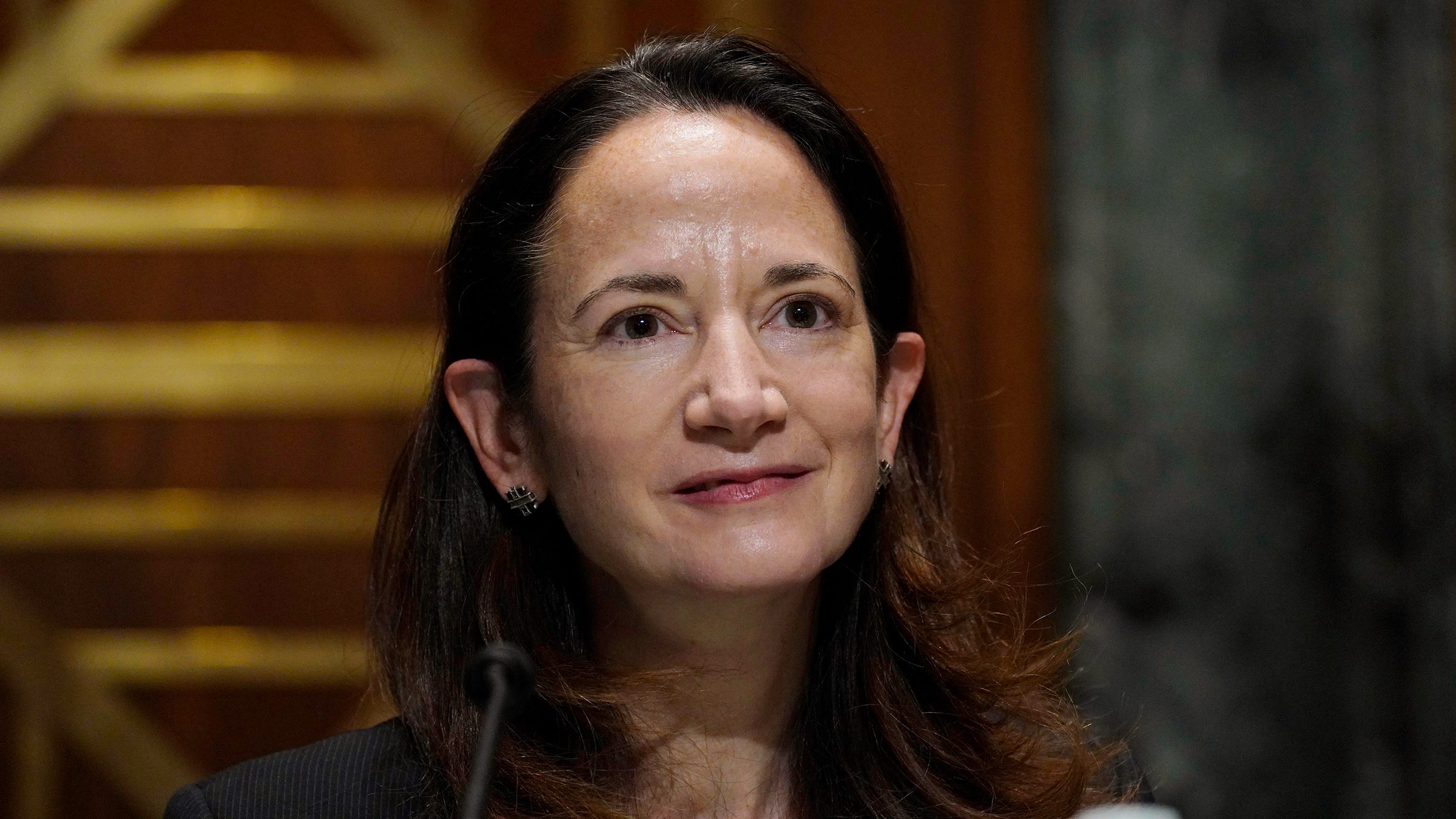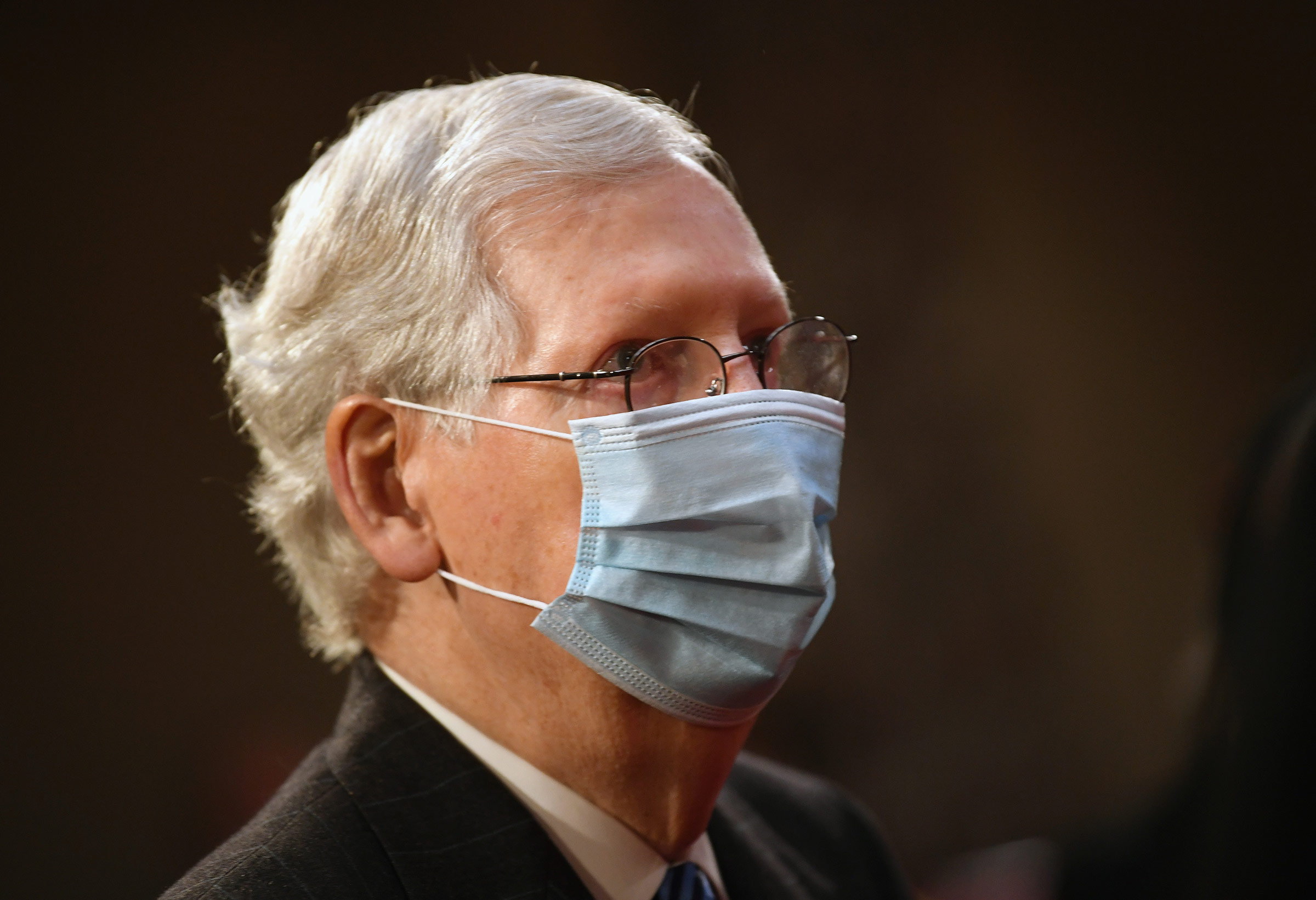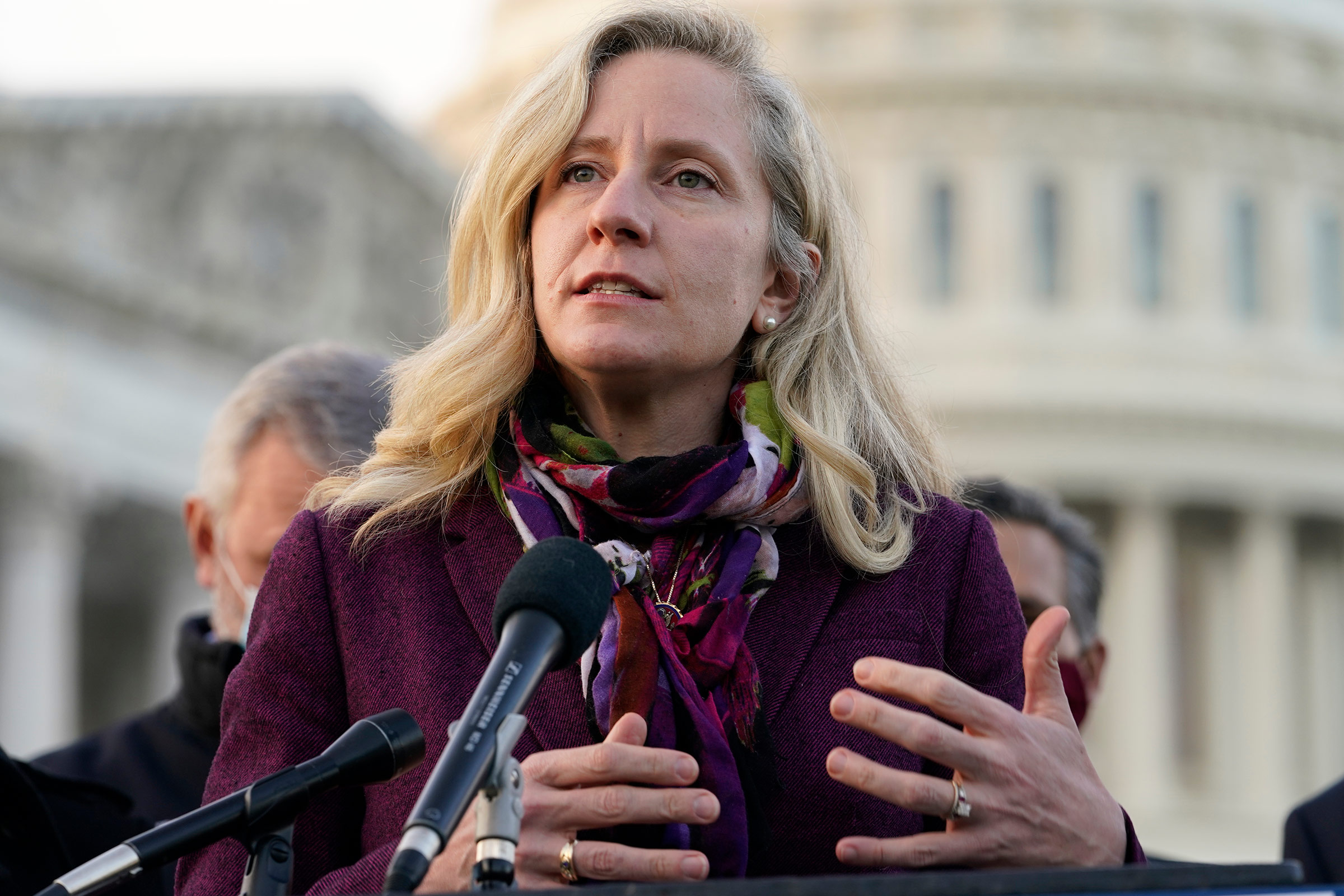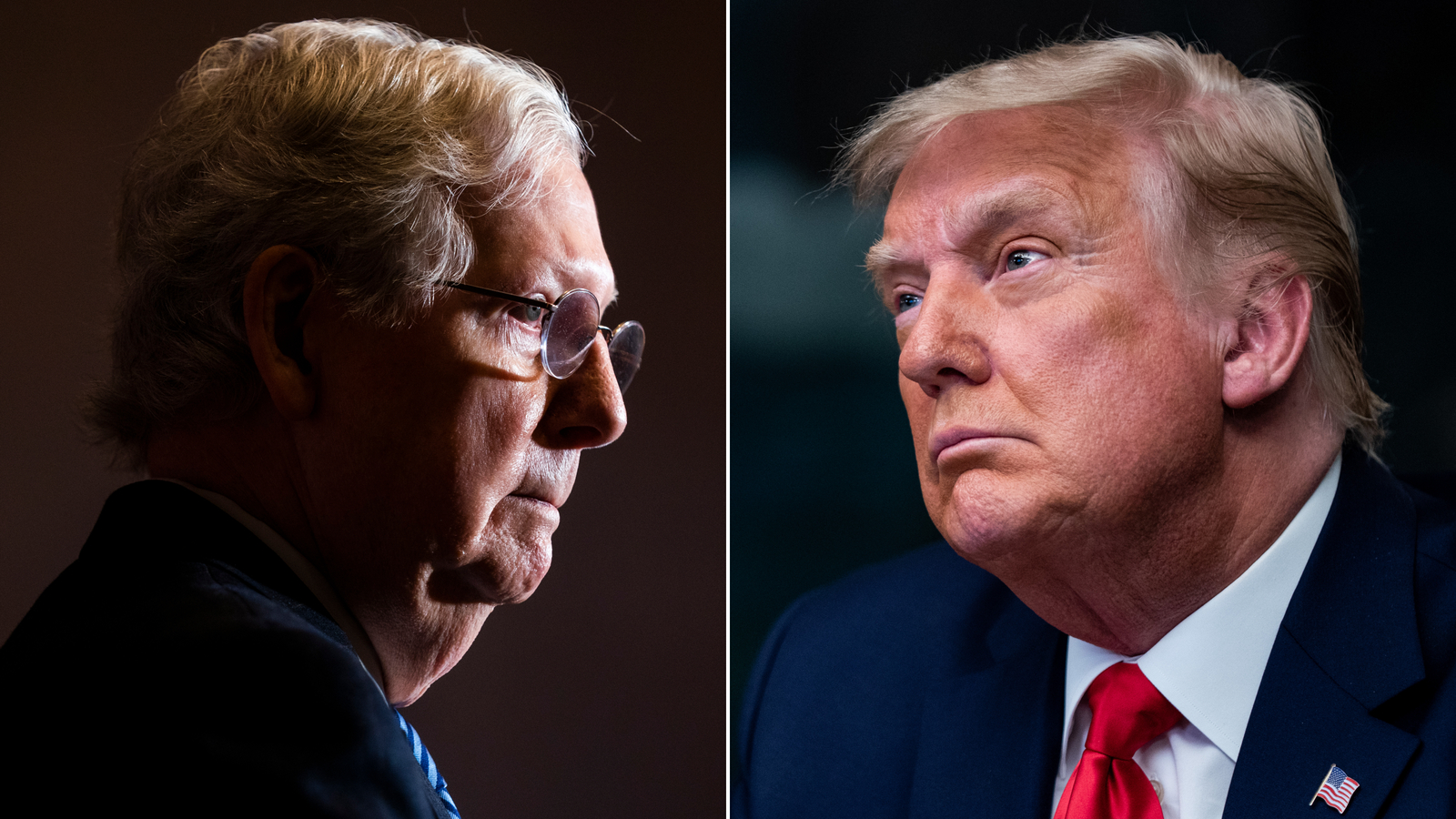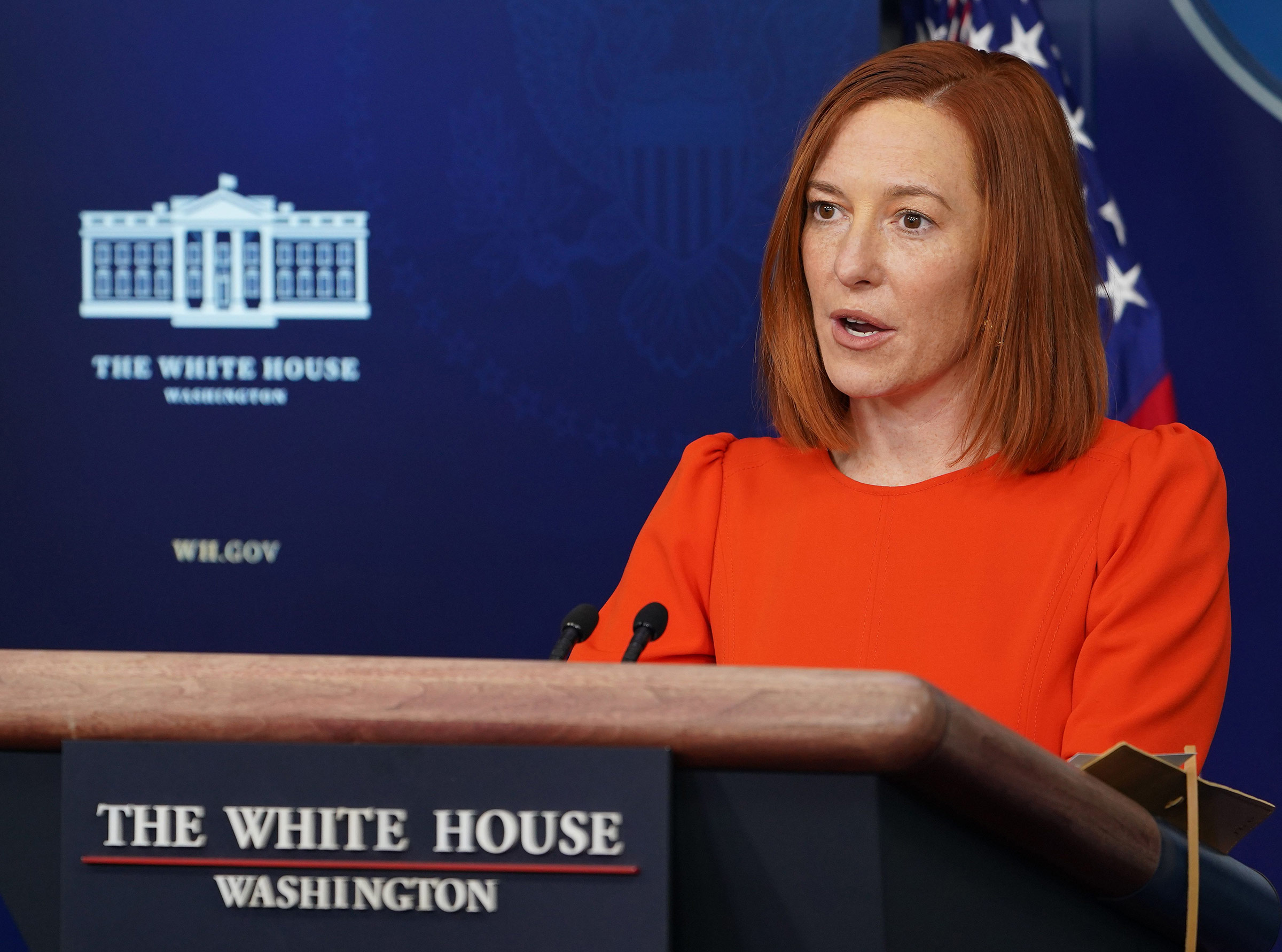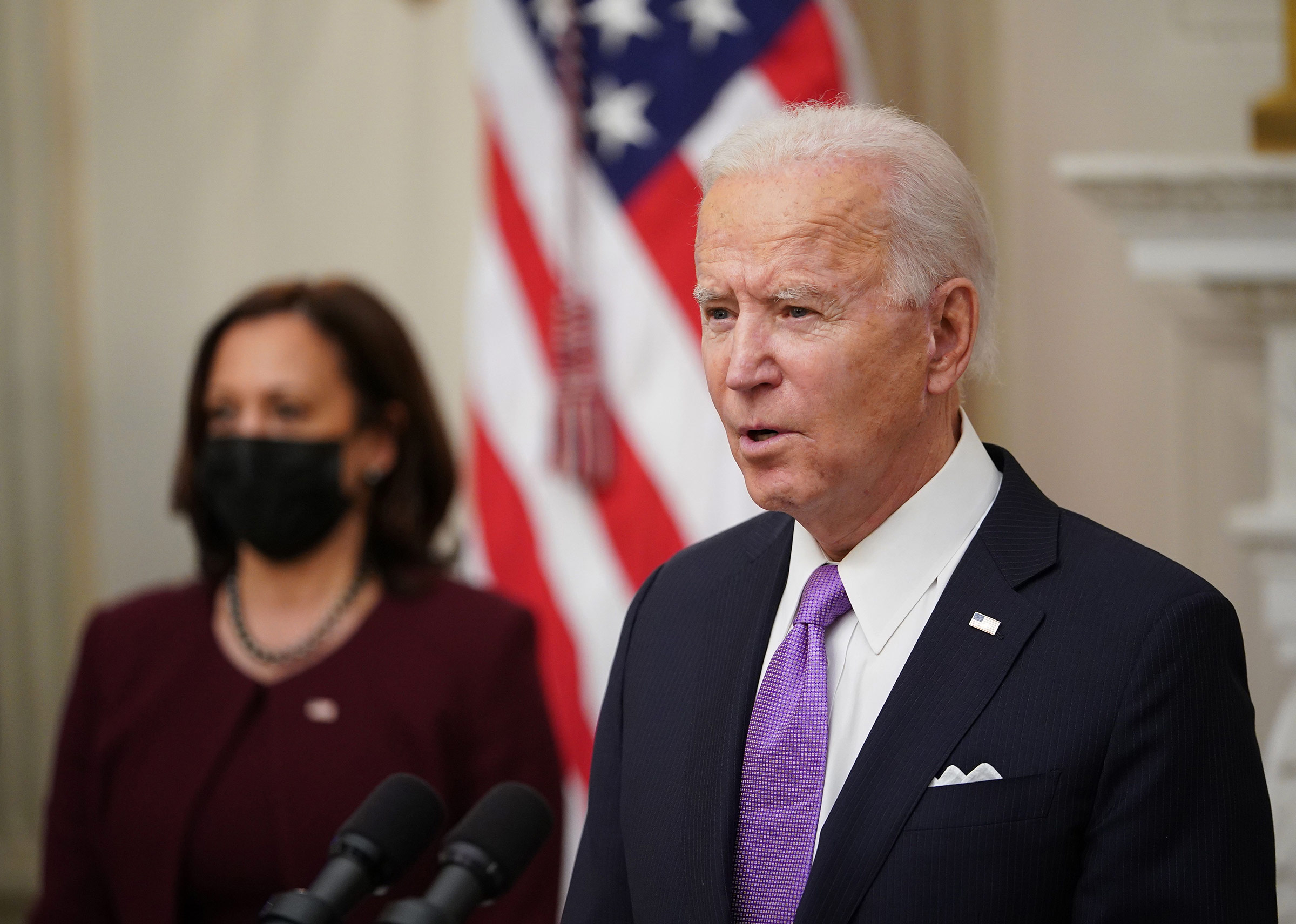
The Department of Housing and Urban Development has extended its moratorium on single-family foreclosure and eviction after a request from the Biden administration on Wednesday.
The moratorium applies to HUD-insured or guaranteed single-family forward and reverse mortgages, except for those secured by legally vacant and abandoned properties.
More context: As one of his first acts as president, Joe Biden called on several federal departments and agencies to extend their bans on evictions and foreclosures for those affected by the coronavirus until at least the end of March.
One of several executive actions Biden took on Wednesday is a signal from the incoming administration that immediate action is needed in order to stabilize housing for the estimated 25 million renters and homeowners who are at risk of losing their homes.
The action seeks to extend the Centers for Disease Control and Prevention's federal moratorium on eviction for non-payment of rent by two more months. The CDC's order first went into effect in September and the latest stimulus bill extended the protection until Jan. 31.



